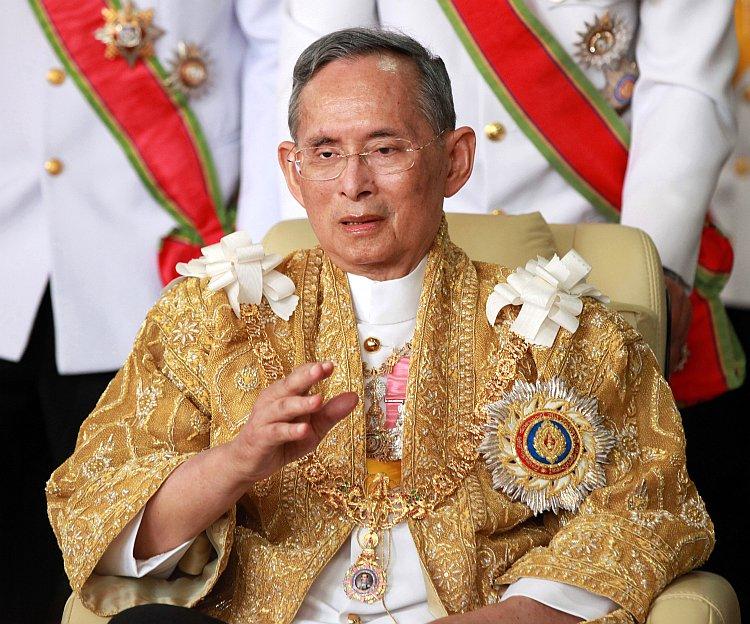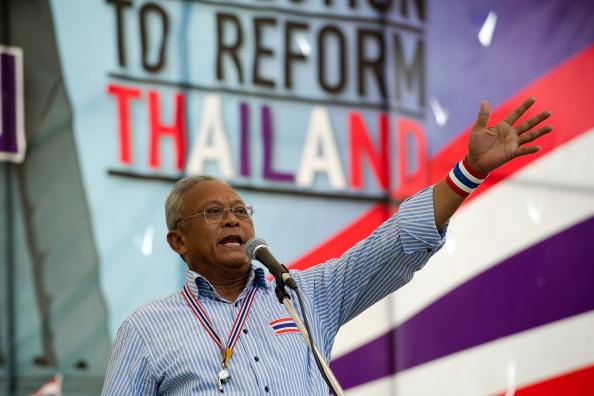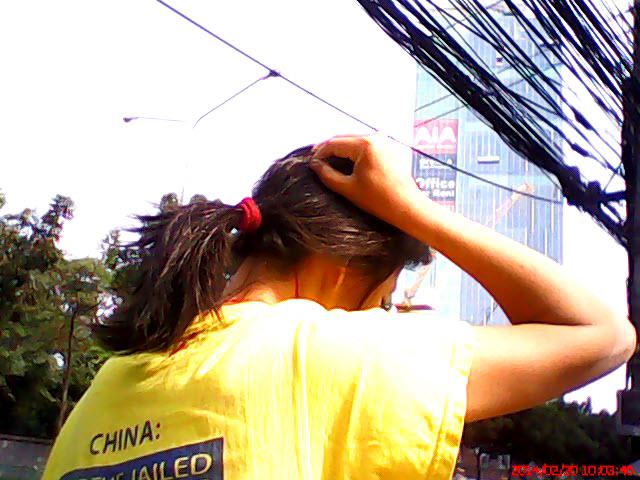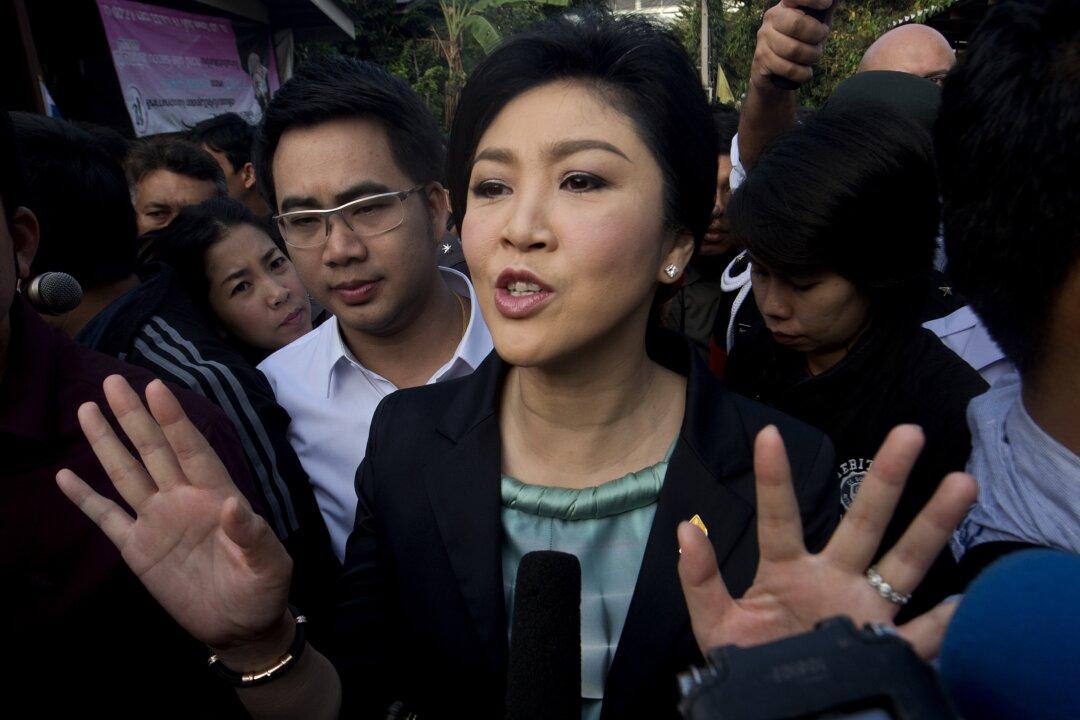BANGKOK—The coverage of the jailing of a U.S. citizen under Thailand’s strict lese majesty laws (an offense that violates the dignity of a ruler) in the kingdom’s premier English language newspaper was indicative of the sensitivity toward issues dealing with the Thai royal family.
While all of the other reports on national matters in the Bangkok Post’s first two inside pages included bylines of the paper’s Thai staff, the 390 word long article on the jailing was taken from Reuters, the international news agency.
The royal family in Thailand is a highly revered institution and 84-year-old King Bhumibol Adulyadej is considered by many Thais as a semi-divine figure.
Reuters reported that Thai-born Joe Gordon, whose Thai name is Wichai Commart, was sentenced to two and a half years in prison on Thursday at the criminal court in Bangkok for using the Internet to distribute information that insulted Thailand’s monarchy.
The charges against Gordon were based on material that the 55-year-old posted on his blog site in the United States, before his visit to Thailand in May when he was arrested.
Gordon is the second man to have been recently imprisoned under the kingdom’s lese majesty laws, which are described by critics as draconian. Sixty-one-year-old Ampon Tangnoppakul was jailed for 20 years on Nov. 23 for sending four anti-monarchy text messages last year to the cellphone of an aide to Thailand’s then Prime Minister Abhisit Vejjajiva.
The United Nations high commissioner for human rights on Friday called upon Thailand to revise the laws on lese majesty.
“We are concerned about the ongoing trials and harsh sentencing of people convicted of lese majesty in Thailand and the chilling effect that this is having on freedom of expression in the country,” said Ravina Shamdasani, the U.N.’s acting spokesperson, in a published statement from Geneva.
“Such harsh criminal sanctions are neither necessary nor proportionate and violate Thai human rights obligations,” she continued.
The Bangkok Post ran a brief story reporting the comments from the UNHCR.
AFP reported that on Friday around 100 demonstrators held a protest outside Bangkok’s criminal court against the lese majesty laws.
The gathering was held for 112 minutes—in reference to article 112 of the criminal code, which contains the rules protecting Thailand’s royal family.
“The wording is ambiguous and the punishment is not proportionate,” one of the protest organizers, Kwanravee Wangudom, told AFP.
Local media also reported a smaller protest being held through the city’s streets on Saturday.
Many top rights organizations including Human Rights Watch (HRW), Amnesty International, and Reporters Without Borders have all voiced concern over the situation.
New York-based HRW has said that successive Thai governments have misused the laws intended to protect the monarchy and that the kingdom’s lese majeste laws should be amended to prevent unnecessary restrictions on freedom of expression.
HRW issued a statement saying, “Roots of the recent campaign appear to be found in the September 2006 military coup against Thaksin Shinawatra, the prime minister at the time, who was considered by royalists to be insufficiently loyal to the monarchy. Since then, Thai authorities have taken increasingly repressive actions against those who are critical or are perceived to be critical of the monarchy, the institution of monarchy, or members of the royal family.”
HRW said that since Prime Minister Yingluck Shinawatra, the younger sister of Thaksin, came to power in August, authorities have led a major drive against alleged violations of lese majesty and established a “war room” at police headquarters in Bangkok to supervise the monitoring and crackdown on offending websites.
“The new government seems to be responding to questions about its loyalty to the monarchy by filing countless lese majesty charges,” said Brad Adams, HRW’s Asia director in a statement.






